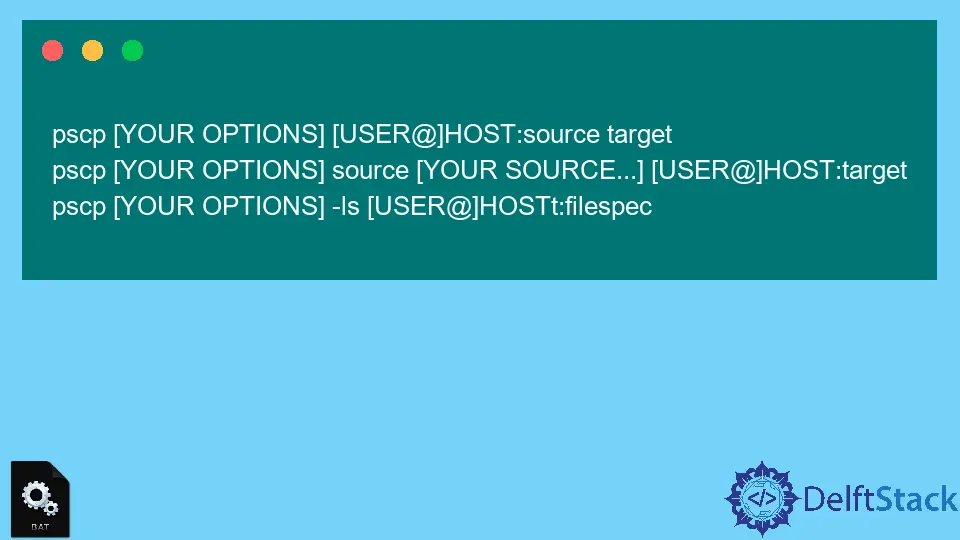Raspberry Pi remote batch job near me has become an increasingly popular topic for tech enthusiasts and professionals alike. As remote work continues to grow, understanding how to utilize Raspberry Pi for batch processing tasks can significantly enhance productivity. In this comprehensive guide, we will explore everything you need to know about setting up and managing Raspberry Pi for remote batch jobs.
Raspberry Pi is not just a small, affordable computer; it's a versatile tool that can handle complex tasks, including batch processing. Whether you're a developer, hobbyist, or entrepreneur, leveraging Raspberry Pi for remote batch jobs can open up new possibilities for automation and efficiency.
In this article, we will delve into the world of Raspberry Pi remote batch jobs, covering setup, optimization, security, and best practices. By the end of this guide, you'll have a solid understanding of how to implement Raspberry Pi for remote batch processing tasks effectively.
- Prmovies Download Movies Your Ultimate Guide To Legal Movie Downloads
- Unleashing The Ultimate Guide To X Hamster Everything You Need To Know
Table of Contents
- Introduction to Raspberry Pi
- Raspberry Pi Remote Batch Job Setup
- Benefits of Using Raspberry Pi for Remote Batch Jobs
- Tools and Software for Raspberry Pi Batch Processing
- Optimizing Raspberry Pi Performance
- Security Best Practices for Raspberry Pi Remote Jobs
- Troubleshooting Common Issues
- Case Studies: Real-World Applications
- Comparison with Other Remote Batch Processing Options
- Conclusion
Introduction to Raspberry Pi
Raspberry Pi is a credit-card-sized computer designed for education, prototyping, and DIY projects. Despite its small size, it packs enough power to handle various computing tasks, including remote batch jobs. The Raspberry Pi Foundation, a UK-based charity, developed this device to promote computer science education.
Since its launch in 2012, Raspberry Pi has gained immense popularity worldwide. According to the Raspberry Pi Foundation, over 50 million units have been sold globally as of 2023. This widespread adoption is driven by its affordability, versatility, and community support.
Key Features:
- Hdhub4u Cat Hindi Dubbed Your Ultimate Guide To Highquality Content
- Pr Movies Download The Ultimate Guide To Legally Streaming And Downloading Movies
- Compact size and low power consumption
- Supports multiple operating systems, including Raspbian, Ubuntu, and others
- Equipped with GPIO pins for hardware interfacing
- Compatible with various programming languages like Python, C++, and Java
Raspberry Pi Remote Batch Job Setup
Step-by-Step Guide
Setting up Raspberry Pi for remote batch jobs involves several steps. Below is a detailed guide to help you get started:
- Hardware Requirements: Ensure you have the latest Raspberry Pi model, a power supply, an SD card, and necessary peripherals.
- Operating System Installation: Download the latest Raspberry Pi OS image and flash it onto the SD card using tools like Balena Etcher.
- Network Configuration: Connect your Raspberry Pi to your local network via Wi-Fi or Ethernet.
- SSH Access: Enable SSH (Secure Shell) to allow remote access. This can be done through the Raspberry Pi Configuration tool or by adding an empty file named "ssh" to the boot partition.
- Batch Job Scheduling: Use tools like cron or systemd timers to schedule batch jobs. For example, you can create a cron job by editing the crontab file:
crontab -e.
Benefits of Using Raspberry Pi for Remote Batch Jobs
Raspberry Pi offers several advantages for remote batch processing tasks:
- Cost-Effective: Raspberry Pi is significantly cheaper than traditional servers, making it ideal for small-scale projects.
- Energy-Efficient: With low power consumption, Raspberry Pi is an eco-friendly solution for batch processing.
- Flexibility: Supports a wide range of programming languages and tools, allowing for diverse applications.
- Community Support: A vast community of developers and enthusiasts provides resources, tutorials, and troubleshooting assistance.
Tools and Software for Raspberry Pi Batch Processing
Essential Tools
To maximize the capabilities of Raspberry Pi for remote batch jobs, consider using the following tools:
- Python: A popular programming language for scripting and automation tasks.
- Bash: Ideal for writing shell scripts to handle batch processing tasks.
- Ansible: A configuration management tool for automating deployment and management of remote jobs.
- Docker: Containerization platform to ensure consistency and isolation of batch jobs.
Optimizing Raspberry Pi Performance
Optimizing Raspberry Pi performance is crucial for efficient batch processing. Below are some tips to enhance its capabilities:
- Overclocking: Increase the CPU clock speed for better performance, but be cautious of overheating.
- Memory Management: Allocate sufficient memory to batch processing tasks and avoid running unnecessary services.
- Storage Optimization: Use SSDs or high-speed SD cards for faster data access.
- Software Updates: Regularly update the operating system and software to benefit from performance improvements and security patches.
Security Best Practices for Raspberry Pi Remote Jobs
Security is paramount when dealing with remote batch jobs. Follow these best practices to safeguard your Raspberry Pi:
- Use Strong Passwords: Avoid using default credentials and opt for complex passwords.
- Enable Firewall: Configure a firewall to restrict unauthorized access.
- Regular Backups: Schedule regular backups of important data to prevent data loss.
- Monitor Logs: Keep an eye on system logs for suspicious activities.
Troubleshooting Common Issues
Here are some common issues you might encounter when setting up Raspberry Pi for remote batch jobs and their solutions:
- Connection Problems: Ensure your network settings are correct and check for any firewall restrictions.
- Script Failures: Debug your scripts by enabling verbose output and checking error logs.
- Performance Bottlenecks: Optimize your scripts and allocate resources efficiently.
Case Studies: Real-World Applications
Case Study 1: IoT Data Processing
A small business used Raspberry Pi to process IoT sensor data remotely. By implementing batch jobs, they reduced data processing time by 40%, leading to improved decision-making capabilities.
Case Study 2: Home Automation
An individual leveraged Raspberry Pi for automating home appliances. The setup included scheduling batch jobs to manage lighting, temperature, and security systems, resulting in significant energy savings.
Comparison with Other Remote Batch Processing Options
While Raspberry Pi is an excellent choice for remote batch jobs, it's essential to compare it with other options:
- Cloud Services: Offer scalability and reliability but can be costly for small-scale projects.
- Traditional Servers: Provide more power and resources but come with higher maintenance costs.
- Single-Board Computers: Similar to Raspberry Pi, devices like Arduino and BeagleBone offer alternatives with varying features and capabilities.
Conclusion
Raspberry Pi remote batch job near me is a powerful solution for automating and optimizing batch processing tasks. By following the steps outlined in this guide, you can successfully set up and manage Raspberry Pi for remote batch jobs. Remember to prioritize security, optimize performance, and leverage community resources for troubleshooting and enhancements.
We encourage you to share your experiences, ask questions, or suggest improvements in the comments section below. Additionally, explore other articles on our site to deepen your knowledge of Raspberry Pi and related technologies. Happy tinkering!
- Sdmoviescom Download Your Ultimate Guide To Legal Movie Downloads
- Hdb4uhub A Comprehensive Guide To Your Housing Needs


